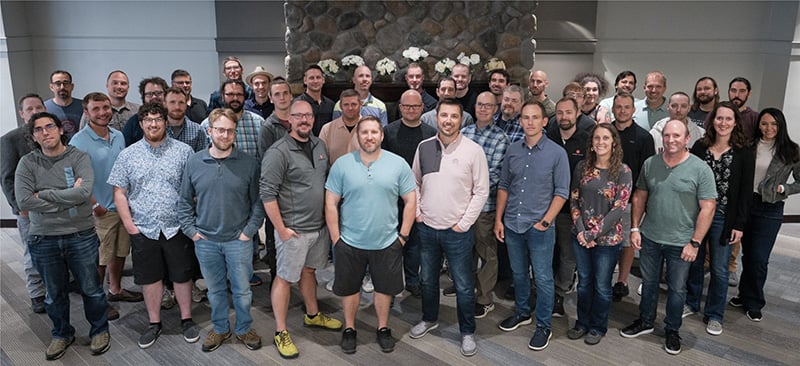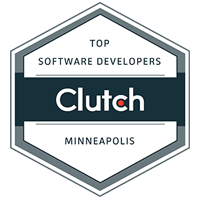Artificial Intelligence (AI) is no longer just a buzzword—it's rapidly transforming industries across the board, with software engineering at the forefront.
In this Emergent Podcast episode. Mark Bajema, CTO at Emergent Software, talks about AI and the future of software development, including what it means for education, career trajectories, and the ongoing technological revolution.
Can AI replace human developers?
AI tools like ChatGPT and GitHub Co-Pilot are increasingly embedded in the coding process. While their ability to automate repetitive tasks and perform code reviews is impressive, they still make mistakes. Mark stresses the importance of human oversight when using artificial intelligence. While AI is an invaluable assistant, it's currently not a replacement for the nuanced understanding and experience that human developers bring to the table.
In the future, AI may be good enough that there will be a role for someone who simply orchestrates the artificial intelligence. These people will have a different skillset than today’s developers. But there will still be a need for higher level engineers and AI will help them have the time to be more productive.
AI and software engineer education
One aspect of AI discussed in the episode is its potential role in education.
Mark believes software engineering is an important subject at every level of education. However, there are already many tools that schools aren’t taking advantage of, so AI may not yet be poised to revolutionize how kids learn to code. But that could change in the future.
The discussion also delves into the concerns about junior engineers' career paths in an AI-dominated landscape. With AI handling many low-level tasks, the traditional progression from junior to senior engineer may need to be reimagined. Instead of focusing on low-level coding—the sort of coding that AI will increasingly handle—the next generation of junior engineers may do more job shadowing of senior colleagues.
Will AI cause job losses?
Mark compares the AI revolution to a few historical shifts in technology.
In some cases, such as farming, new technology did eliminate jobs. However, there’s a finite need for farming and limited space that can be farmed. Software development is different. It can perhaps be better compared to manufacturing, where higher productivity led to lower prices and increased demand, which in turn led to more jobs overall.
Certain jobs may be lost, but people can be retrained to fill the new jobs that are created. Luckily, software engineering is a more fluid industry than manufacturing. Developers can quickly switch to a new type of project without needing new equipment or a new location.
The important thing for developers to keep in mind is that it’s essential to keep up to date with new skills and technology. That was the case long before AI — if you don’t continue to develop your skills, you’ll fall behind as a software engineer. Unfortunately, this can happen in slow moving companies that don’t use the latest tech or encourage their developers to train on new skills.
Want to work for a company that embraces cutting edge technology, including AI? Emergent Software is hiring!
Or talk to us about your custom software development project.






